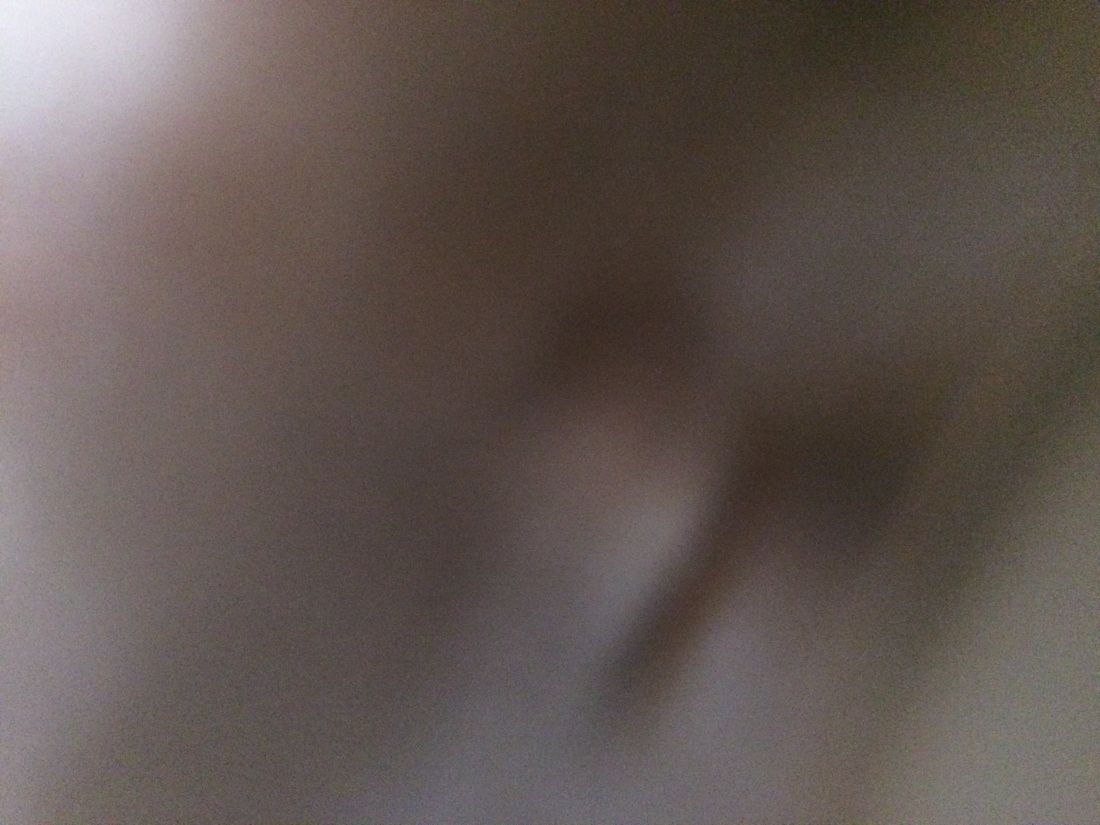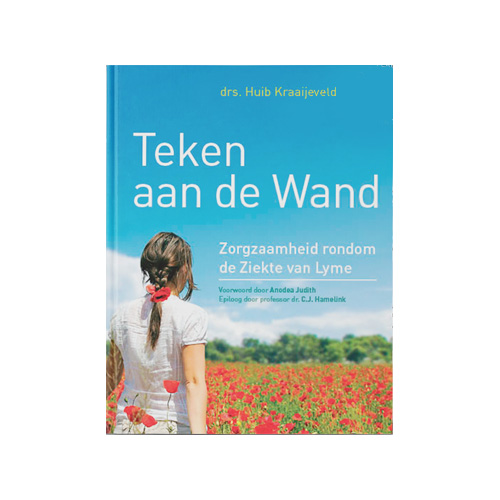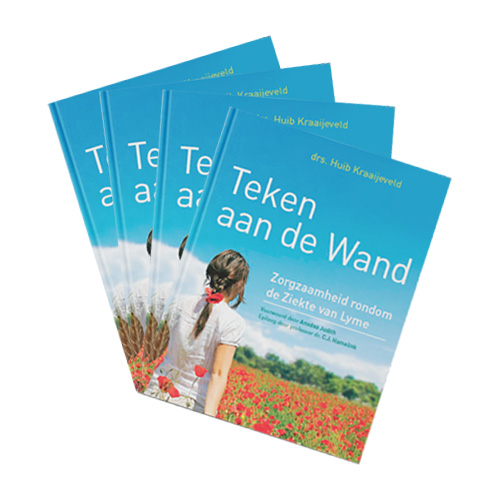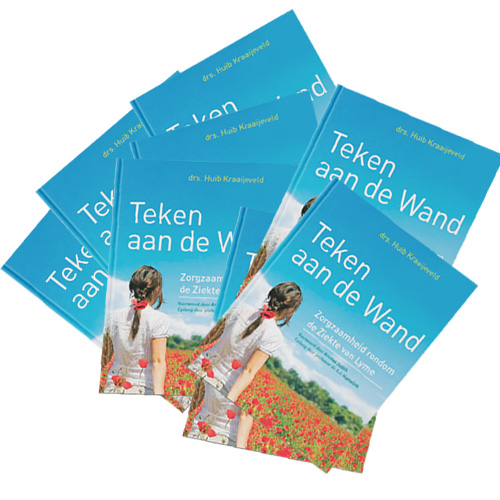
Ceci n’était pas un chien
Written by Huib, published Monday February 12th, 2018
“Language is a cracked kettle on which we beat out tunes for bears to dance to, while all the time we long to move the stars to pity” – Gustave Flaubert
With this title Margritte tried to explain with language that his surrealist oil on canvas was not an actual pipe, but the image of a pipe. In the same manner language is an image, not the object it is trying to describe.
As a writer I often find myself in a ‘love – hate’ relationship with language. Can a tool that can be used to create worlds aIso be used to tear them down? Or make a sphere appear as flat?
When I think about language, I am often reminded by how Stuart Chase brilliantly introduced his 1936 book ’The tyranny of words’, in which he tried to show how abstract language and rethorics were then used to promote the rise of fascism.
He wrote: “This book is an experiment. Is it possible to explain words with words? Can some of the reasons why it is so difficult for us to communicate with one another by means of language be set forth in that same faulty medium?”
Almost a century later we still believe we need language to communicate. But do we? I’d like to tell you an anecdote of two weeks ago and then paint a contrast with a scene with my mother’s dog Jetje.
Pizza!
The last three years the now famous pizza evenings of my friend Arthur have created a weekly rhythm for me. And they have become a very pleasant tradition. His daughters can decide who they want to invite, which fortunately includes me and a small group of friends. One of these friends, S, is somewhat awkward in social situations, but we found a way to move around him and enjoy our time together.
This edition of the pizza evening, two new people would come join us. After three days of crying I kind of liked the idea of some pleasant distraction, so I decided to not talk about Mats at all. I almost managed, as the first one who greeted me asked if ‘all was well’.
‘Hmmm…’ I replied and she asked ‘oh shit, did your dog die?’ I nodded and she gave me a kind look. That was enough.
#metoo?
Later in the kitchen another friend of Arthur told us of how her daughter has severe headaches and how they were told around Christmas that a brain tumor may be the cause. After more research this turned out not to be the case. Fortunately.
I could easily have done a ‘#me too’. Mats was also diagnosed with cancer around Christmas and had died of it. Instead of taking over the conversation like that, I said ‘wow, that surely freaked you out’.
YES, she exclaimed and started talking about how it affected her rather than about the outside layer filled abstract medical words.
I did not need to talk about Mats to use my own experience with recent shock, fear, stress and sadness to give her a sign that I understood what she was talking about. Good.
The new people had brought an old white Chiwawa dog; about the exact opposite of a black Dobermann. I took it on my lap, because it was shivering with nervousness and stroked it. “About 29 kilo’s difference”, I silently joked to Arthur.
Not silent enough though. “Ah, do you also have a dog? What kind?”, the male visitor asked me. “A Dobermann”, I replied, so I could steer around the topic without making him feel awkward.
“Have? HAVE? HAD!!!”, friend S shouted. “He DIED. Last week”, he went on to correct the errors in the conversation, looking rather pleased with himself.
Choices
Apart from the fact that Mats was a female and died three days before instead of last week, this intervention did not really hit home very well with me.
I could have punched him on the chin, but the last time I did that was when I was 15 and a younger friend got bullied. I could have attacked him verbally and upset the whole company.
So instead I walked out into the garden. And almost literally cried my heart out. With wails and sobs like a young child.
When I came back to the room, I just wanted to buy a bottle of wine and go home. “Are you leaving already?”, S asked in a undignified tone. It was clear he had no idea of any impact of his intervention.
The next day I sent him a text message: ’S, I don’t think you have any idea what happened. If you want to know, let me know’. He asked if he could call me and did two days later.
I decided to tell it to him in the way I’m writing it down now: as a theatrical scene with clarified motives and context. I didn’t believe he intended to cause any harm anyway. And using judgemental language or analysing his character would not be helpful to achieve more subtle communication between us.
S was shocked and apologised sincerely. And because I’ve had a few days to digest the experience, I could now tell him that he probably pushed a button in me that had something to do with my father. Who also wasn’t the world champion of subtly expressing sympathy.
My father put my first Dobermann to sleep without me knowing it, when I was 15. I came home from school and her basket was empty.
I never forgave him until last month. That is one of the benefits of crying: when sadness is expressed instead of repressed, there is no need for shields and anger. Mats gave me many farewell presents.
Jetje
My mother’s dog Jetje was the ‘adopted pup’ of Mats. When my mother went to get her at the breeder, we took Mats with us on purpose. When Mats died, Jetje was there. And happily ate the rest of Mats’ bone, after she fell asleep.
Going to my mother after Mats’ death was one of the things that I dreaded most. Would Jetje be looking for her and miss her?
I always try to go through scary things as soon as possible. They tend to get smaller, when you just take them head-on. So I went to my mother the day after Mats died.
Jet was very happy to see me and did not even look for her. As if she knew. I had brought some of Mats’ toys and bones as a present for her and when I mentioned her name, Jetje just wagged her tail. No sign of loss or anything like it. Amazing.
But when I started crying an hour later, because a new wave of grief suddenly came up, Jetje jumped on my lap and started licking my face. And I could not help but start smiling again.
The point?
Recently I realised that I only investigate and write about topics that I don’t understand. My main motivation is not to actually understand them or come up with solutions or ‘tips’, but rather to explore why I can’t understand them. Then I move on. And this one could call ‘education’: learning from the investigation and curiousness of others.
The only reason why I have spent some seven years on the topic of Lyme, is the abundance of topics surrounding it that are mind-boggling. It seems my getting lost in Lyme Land has helped others appreciate that they are indeed and in fact not crazy.
As the world seems to become increasingly insane on a number of topics, what a wealth of possibilities this presents for a curious writer! Chase’s book still seems to be relevant.
In this case I could not really understand why people like S (or my father) seem to completely miss a social ‘radar’ and I found it fascinating in contrast to the perfect response of my mother’s dog.
“Trying to understand the behaviour of some people is like trying to smell the colour of the number nine”, a friend of mine posted recently. Maybe it’s simply that.
Our choice is to react and retaliate, or to investigate and communicate. I thought that this was worth sharing.
Le chien?
Oh, the picture? I took some pictures of Mats laying on the couch just before we went on her final journey to the vet, in case I ever needed to remind myself how ill she was if I would feel guilt about the decision.
When I put my camera on the table, I just saw the image that you can see above this article. To me, it seemed to show a Dobermann in exactly the same position as Mats was in behind me.
In reality it was no dog, but some crumbs of tobacco on a glass thingy on my table. It wasn’t a dog. Or in French: ceci n’était pas un chien.
Huib

"This book perfectly describes the plight of millions of patients, who suffer from chronic Lyme Disease in many countries all over the world."
Prof. Christian Perronne, France
"This book is a gift of truth and passion to humanity."
Mia Morales, Lyme patient, USA
"I received the book exactly on the day that I had decided to end my life. Huh?! Yep. I am 35 years old years and have been ill for 19 years. Now I know why: Lyme. Everyone should read this book!"
Miranda, the Netherlands
"This book offers a new practical, human centered way of dealing with health information. It is also ringing a bell for the new time how to work together towards health and thriving."
Kim Schimmler, MD, Germany
"This pioneer's work made it perfectly clear that, when "i" becomes "we", even illness becomes wellness."
Frans Vermeulen, journalist, the Netherlands
"In his crucial work on Lyme disease, dedicated social researcher Huib Kraaijeveld does not pretend to have all the answers, but guides us towards asking the upsetting and essential questions."
Prof. Cees Hamelink, professor Communication Sciences & Human Rights, the Netherlands
"This book reads like a thriller! It touched me deeply and I am sure it will change the course of history."
Linda Graanoogst, journalist, the Netherlands
"Well, I am wiping my eyes and blowing my nose, while tears stream down my face. I guess that is a good sign. You hit the nail on the head claiming that Lyme survivors need 'understanding'. I would like my own partner to read this book."
Anodea Judith, PhD & author, USA
"What an awakening perspective! Huib has successfully set a quantum leap for understanding and managing Lyme disease by common people."
John Wong, bestselling author, Singapore
"A true and unpretentious caretakers' guide to understand Lyme. This book will help you to completely understand what your friend is going through; regardless of the symptoms they have. I wish it had been written ten years ago, because it can actually save lives!"
Cheryl Versalle, Lyme patient, USA
"This book actually speaks to people beyond its target audience (caretakers of people with Lyme Disease): people like me who are not travel companions, but to whom it is not hard at all to have or develop understanding and compassion. This makes the reach of this book bigger, much bigger if you’d ask me. I am amazed a book can do all of this!"
Saskia Steur, business blogger, the Netherlands
"This book reads like an exciting novel, were it not that it concerns a deadly serious issue. It calls to contribute and take care of each other and our world. Read, weep, feel and act!"
Manfred van Doorn, leadership expert, the Netherlands
"A creative and very intelligent vision to dive even deeper into the world of Lyme, to look at yourself, other people, but also the entire world around you."
Friend of someone with Lyme
"The book indicates that Lyme disease can be a sexually transmitted disease. This will cause a tidal wave of awareness all over the world. Like the child in the old fairy tale The Emperor’s New Clothes, who exclaimed: 'But the emperor is wearing no clothes!'"
Ola Aniel Petterson, STD campaign leader, Sweden
"What a brilliant sociological work! I am sure it will have much impact."
Professor Neuropathy, Germany
"This book is a big eye opener. Both for friends of people with Lyme disease as well as for people with Lyme. Or for any other health issues, for that matter."
Martin Möhrke, medical research leader, Europe
"I cannot read any other book for more than two minutes now, in this hell called Lyme. Yet yours I cannot stop reading! I should have put it away hours ago to clean the house. But I simply cannot stop."
Ineke, wife of a husband with Lyme, the Netherlands
"This book is a delight to read. It offers soft candlelight and warm campfire camaraderie on an often dark and lonely journey."
Laura Bruno, medical intuitive Lyme expert, USA
"A very honest and yet witty way of helping those with Lyme disease. This book is full of ideas on how to help your friend with Lyme, as a travel companion on this crazy journey called 'Lyme'."
Lisa Hilton, Lyme advocate, USA
"Both the personal experiences as well as the author’s sharp mind turn this into an incredibly inspiring book that raises the consciousness of its readers."
Kara, ex Crohn disease patient, the Netherlands
"Tempting, informative and eminently readable! Shifting the Lyme Paradigm is an absolute eye-opener for those who are not aware of what the journey of Lyme disease entails."
Terri Mackinnon-Cross, CEO WorldLymeDay.com, Canada
"This book gave us the recognition and acknowledgment, which were like a band-aid on an open wound."
Sara, Lyme patient, Belgium
"Very insistently written based on intensive, almost existential, personal experiences, this book also gives a clear overview of all relevant information for both patients and caretakers."
Jan Eendebak, former chairman Lyme Foundation STZ, the Netherlands
"A relief to read, written by an expert who shares his dedication to his own path with us, and brilliantly written."
Muna, mother of a daughter with chronic Lyme, the Netherlands
"Playful, frightening, informative and encouraging."
Merel, kinesiologist, the Netherlands
"This book made me realize that there is too little known behind the phenomenon Lyme. In a challenging manner the author provides understanding of Lyme disease and suggestions for tackling this disease. I have 'prescribed' this book to many of my patients and mostly astonishment was soon followed by recognition. An absolute must for anyone with (still) unexplained symptoms or the people close around them."
Duco Kanij, osteopath, the Netherlands
"This book guides you through the labyrinth of Lyme swiftly, while it took us YEARS to even get this far."
Eugenie van der Linden, ex-Lyme patient and therapist, the Netherlands
"This book is an absolute 'must read' for everyone! For patients, for family and friends, and for doctors who can finally learn that Lyme is more than what is written in their textbooks and that they should not be able to dismiss "unexplained" complaints as psychological too quickly!"
Anne Fierlafijn, MD, Belgium
"Shifting the Paradigm of Lyme is not like any other book on Lyme that I have read. It appeals to a higher consciousness, and is analytical in an introspective way that is pleasant to read. This book is a friendly and warm reminder that no Lyme patient is ever alone."
Thomas Grier, biologist, USA
"This book show how caring friends can intervene to provide succor and alliance ‘against the odds’ of a potentially serious and very complex illness that is still poorly understood by mankind."
Kenneth Liegner, MD, USA



